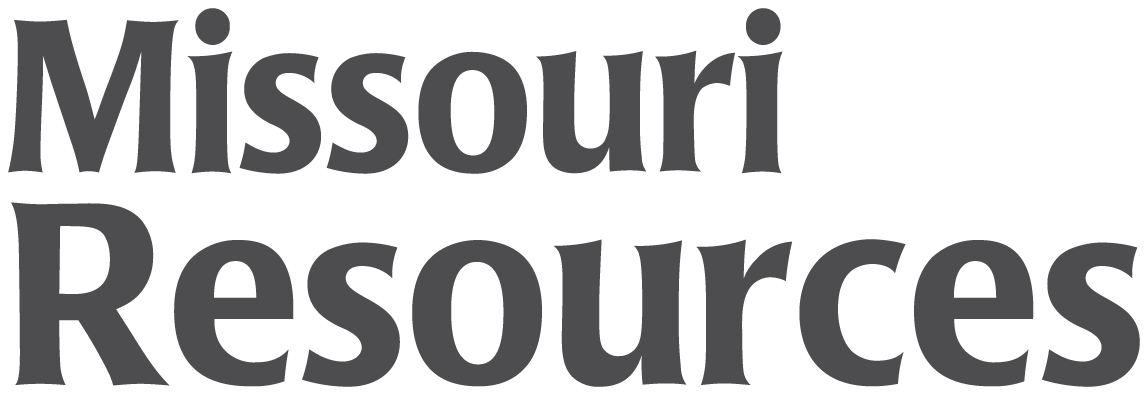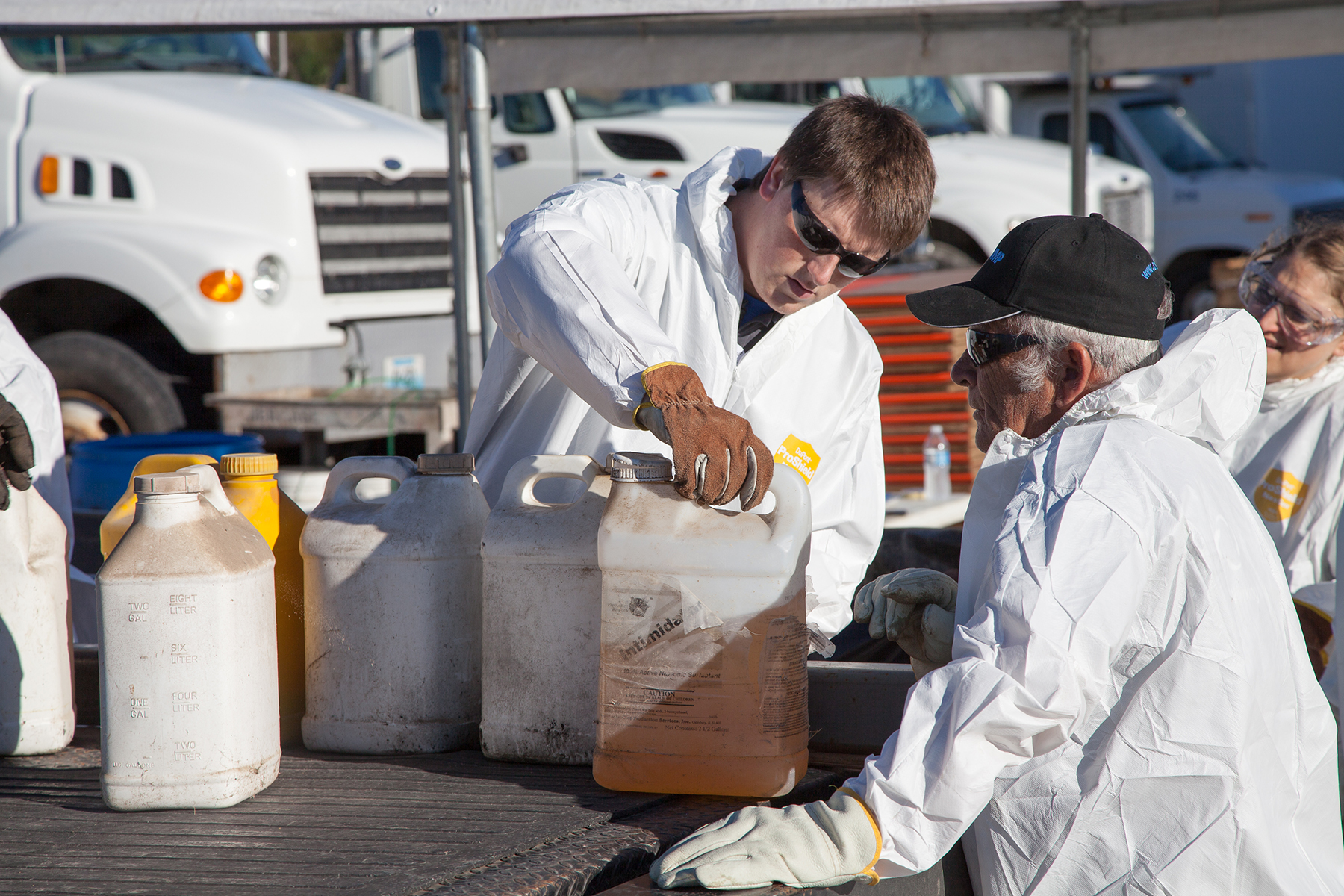Pesticide wastes are collected and taken for proper disposal, free of charge, at a collection event in Kirksville.
MoDNR photo by Ben Nickelson.
Published by
on
The Missouri Department of Natural Resources’ Pesticide Collection Program broke two program records this year. The first record was for the most waste pesticide collected in a single pesticide drop-off event. The milestone held March 12 in Portageville, during which 96,766 pounds of waste pesticide was collected, set the pace for breaking the second record, the most waste pesticide collected in one season. This year, the program collected a total of 160,050 pounds of material.
| Year | Total Pounds |
| 2012 | 81,900 |
| 2013 | 37,129 |
| 2014 | 20,072 |
| 2015 | 49,149 |
| 2016 | 64,607 |
| 2017 | 84,710 |
| 2018 | 92,478 |
| 2019 | 100,702 |
| 2020 | 99,451 |
| 2021 | 112,135 |
| 2022 | 157,158 |
| GRAND TOTAL 899,491 |
Yearly Collection Totals
“This is exciting news on several levels,” said Dru Buntin, department director. “It shows that Missourians are aware of their vital role in protecting the environment and willing to take action. Securing tons of these chemicals each year is a resounding victory in the shared effort to protect Missouri’s natural resources. This effort also highlights just one of the many ways our department strives to realize our vision of improving all Missourians’ quality of life.”
The Missouri Pesticide Collection Program is a non-regulatory consumer service program that is part of the department’s Waste Management Program. The collection program began in 2012, designed to provide Missouri farmers and households with a convenient, free opportunity to properly dispose of unwanted waste pesticides. Since its inception, it has conducted 68 pesticide drop-off events across the state, collecting more than 902,383 pounds of waste pesticide from 2,196 participants.
“The University of Missouri’s College of Agriculture, Food and Natural Resources’ vision is, ‘We imagine a healthy world,’ and the university’s Fisher Delta Research, Extension and Education Center is a proud supporter of the Missouri Pesticide Collection Program,” said Aaron Brandt, director of the center. “It gives people an outlet to properly dispose of chemical waste and contributes to our mission of a healthy world.”
Pesticide is the umbrella term for agricultural and gardening chemicals including insecticides, herbicides, fungicides, rodenticides, dewormers, fly tags and fertilizers containing pesticide. Participants regularly drop off decades-old pesticide, some of which are now banned, including DDT, chlordane, lindane, 2,4,5-T, toxaphene, lead arsenate and dieldrin.
Collected pesticide waste is transported by a licensed hazardous waste transporter to a permitted hazardous waste incineration facility for proper disposal. The program will not accept commercial pesticide waste or waste from businesses, pesticide production facilities, pesticide distributors or retailers. Also not accepted are items such as paint, explosives, fire extinguishers, yard waste, electronics and trash. Only Missouri farm and household pesticide waste will be accepted by the free program.
Over time, pesticide containers often lose their labels, leak into the environment, or could be improperly handled or disposed of; which increases the risk of environmental contamination and human exposure.
“The free drop-off events offer a great opportunity for participants to rid their property of waste pesticides,” said CJ Plassmeyer, an environmental specialist with the department’s Waste Management Program. “These products, many of which are highly toxic, otherwise would sit unused and unsecured in barns, sheds, garages and basements.”
More information about the Pesticide Collection Program is available on the Missouri Pesticide Collection Program webpage.





